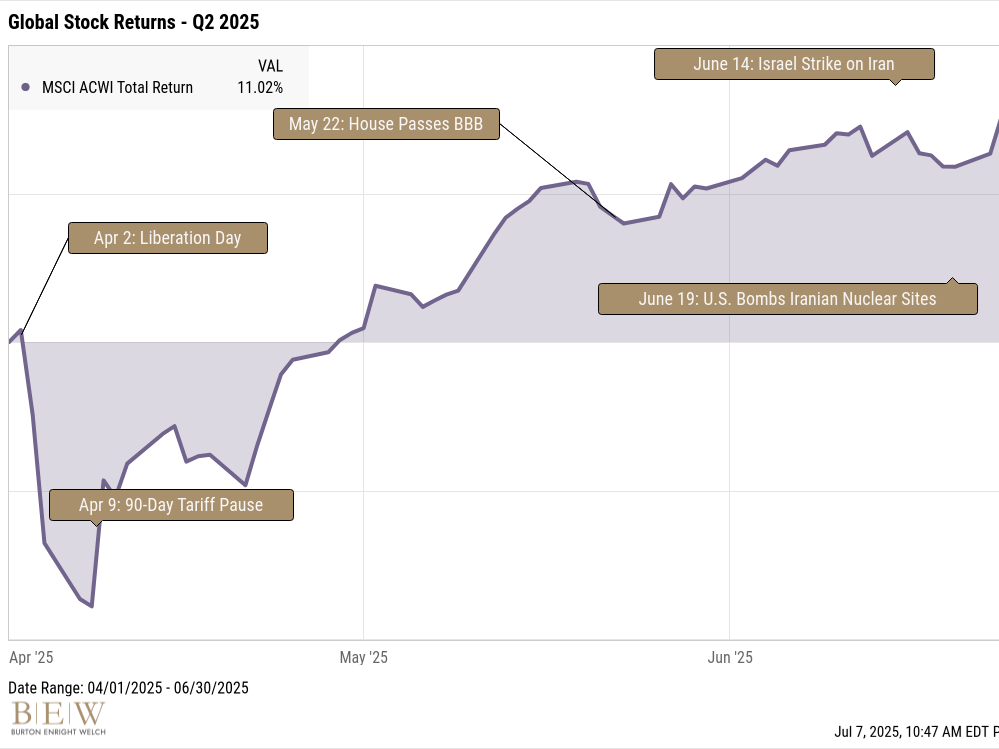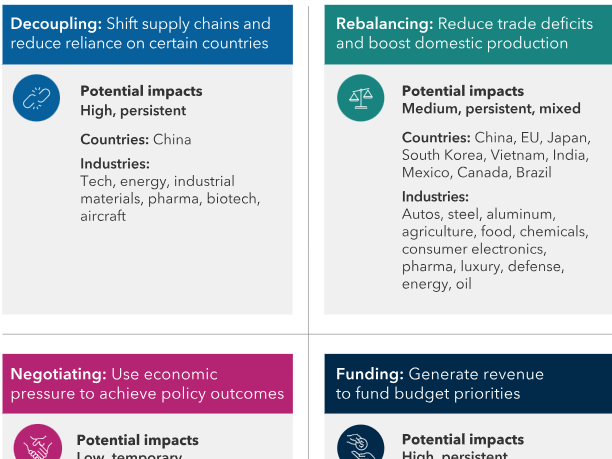Above is a cybersecurity webinar we did with Stephen Hicks of Endsight.
You may leave a bit paranoid, perhaps appropriately so. Still, we can all stay safe online by remaining cautious and following practical tips that Stephen reviews.
Here are important takeaways:
- Social engineering (exploiting humans) is the real risk, not technology.
- Cyberfraud is a mammoth industry lead by professional organizations of employees with specialized skills.
- Fraudsters access personal information to make scams more believable.
- Be suspicious of strangers who contact you via phone or email, including from trusted organizations like Amazon.
- Use multi-factor authentication (e.g., text message to your phone after you enter your password) for websites with sensitive information.
- Make passwords long (15+ characters). Length > complexity.
- Consider Identity Protection from a company like Lifelock.
- There’s no way to be 100% safe online. But you don’t have to outrun the bear, just outrun the slowest person.
Endsight holds free public monthly webinars (2nd Tuesday of the month at 1 pm PT) on cybersecurity fundamentals. You can sign up here.
Here is a guide on Best Practices to Prevent and Deal with Cybersecurity Breaches.




